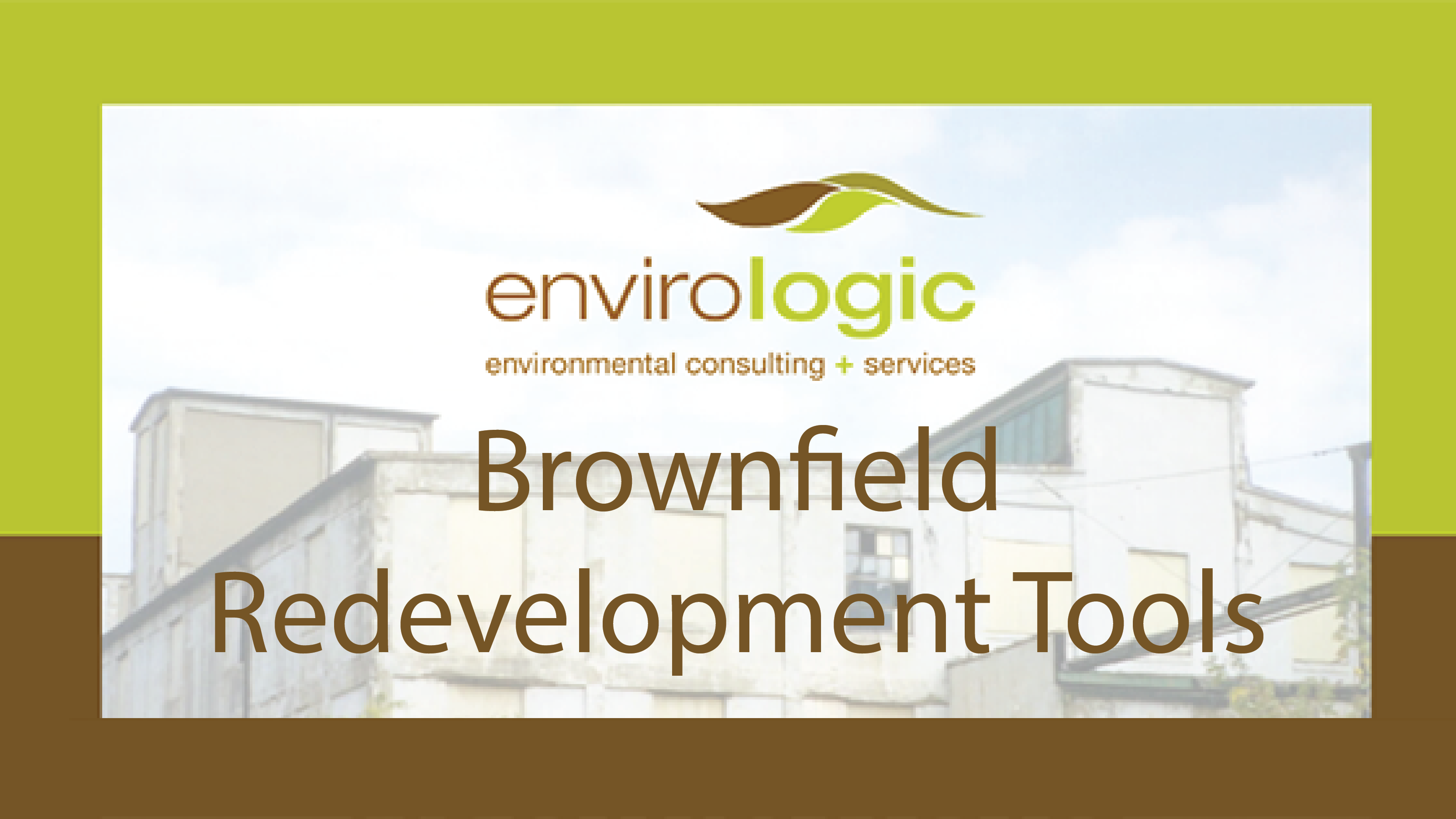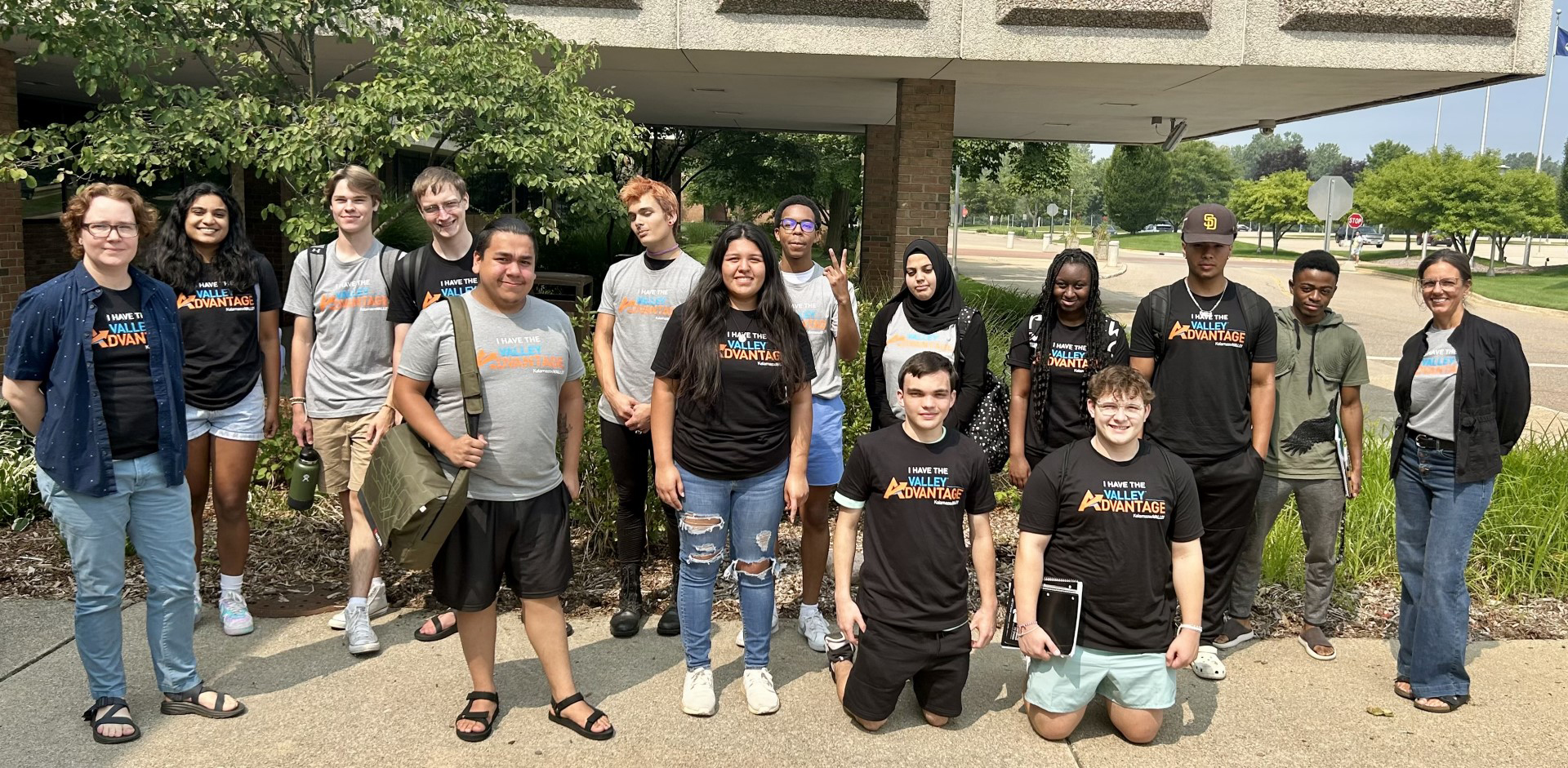Michigan’s brownfield toolbox is a powerful resource that economic developers and some communities in Southwest Michigan have come to rely on. Brownfield tax increment financing, being one of the most used tools, continues to help close financial gaps on redevelopment projects. Brownfield sites “which can be contaminated, blighted, functionally obsolete or a historic resource,” typically need the added financial support to offset brownfield conditions. These conditions include but are not limited to, site contamination, lead and asbestos abatement, demolition, due care obligations, site preparation, and infrastructure improvements. Although deal flow regarding new projects may be affected in the near future due to the pandemic and the resulting recovering economy, the use of tax increment financing through a Brownfield Plan remains a powerful, locally controlled incentive that can encourage redevelopment projects in your community.
Tax increment financing through a Brownfield Plan is unique in that it relies solely on the investment and performance of the individual project. Unlike other “TIF Districts,” it doesn’t pull tax revenues from other properties within the district, which may be sorely needed due to a reduction in tax revenues as a result of the pandemic. If the project fails to perform (i.e., the project is delayed or there is a limited investment with no improved taxable value), the community/Brownfield Plan has no obligation to reimburse the developer for their eligible brownfield costs unless the project produces the tax revenue.
Due to the current reduced tax revenues at the State level, budgets have been cut or adjusted, which is impacting/delaying available economic development incentives such as Michigan Economic Development Corporation (MEDC) and Environment, Great Lakes, and Energy (EGLE) grants and loans. Thus, using brownfield tools remains an effective option for keeping your economic development strategy alive on projects. Similar to the economic downturn in 2008 “2010, we are likely only seeing the beginning of projects that are delayed or unable to move forward due to the effects of COVID-19. The fortunate thing about Public Act 381, the Brownfield Redevelopment Financing Act, which authorizes the ability to adopt Brownfield Plans, is that the terms and conditions of the plans can be adjusted in several ways to accommodate economic challenges. For instance, due to current economic conditions, a redevelopment project included in a new Brownfield Plan can delay tax capture for up to five years. This would allow for a project to be phased in, providing more time for a developer to complete the development, which would allow for a greater bump in capturable tax revenue at the time capture begins. Additionally, if assessed values declined for three consecutive years and an existing Brownfield Plan fails to generate tax increment due to economic conditions, then through an amendment to the plan the initial taxable value can be lowered once during the term of the plan.
The Brownfield Redevelopment Financing Act has been modified over the years to allow for greater flexibility and applicability, which has allowed greater opportunity to take on those brownfield projects that may otherwise not be considered by developers. Tax increment financing through a Brownfield Plan can also be layered with many other incentives or authorities including tax abatements, Open Performance Review and Appraisal System (OPRAS), Commercial Rehabilitation and/or Redevelopment Districts, DDAs, etc. Although many communities have created Brownfield Redevelopment Authorities (over 200 state-wide), many of these Authorities have become inactive either due to the lack of incoming projects or failure to educate the developer world of this economic development tool. If your community does not have the resources to either create or maintain a Brownfield Redevelopment Authority, you should check to see if you have a County-wide Brownfield Redevelopment Authority that can provide you with the same brownfield tools. Having this tool in-place and ready, whether locally or through your County, can be a great resource when trying to attract opportunities on sites within your community. If you must start an Authority up again or aren’t aware of the county resources, it creates delays and may send a message that economic development is not a priority in your community. In this day and age, we need to have many tools available to attract opportunities, especially when things like pandemics challenge our normal way of life.
If you have questions about available brownfield redevelopment tools, please contact Jeff Hawkins, Envirologic’s CEO. Jeff is the founder and a co-owner of Envirologic, a full-service environmental services firm celebrating 30 years of business. Jeff has over 34 years of environmental consulting experience, including developing significant expertise in all aspects of Brownfield Redevelopment. He can be reached at (269) 342-1100 or by email.




